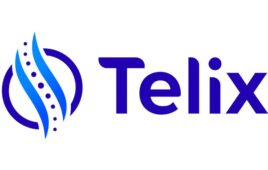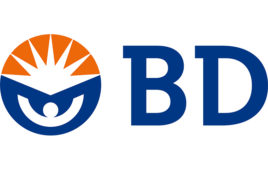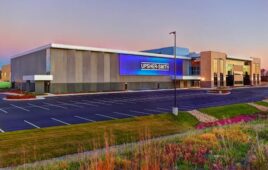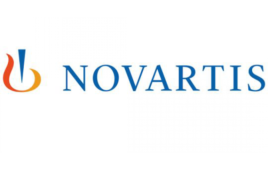TRENTON, N.J. (AP) — A survey of top executives of U.S. drugmakers indicates mergers and acquisitions should pick up in the next couple of years, as companies aim to offset rising generic competition.
The survey by audit and advisory consultants KPMG LLP found 83 percent of pharmaceutical executives believe their company likely will be a buyer or a seller in a deal in the next two years. Just over half think it will take longer than that before the economy fully recovers.
The survey, conducted in May and June and released Wednesday, found 41 percent of those surveyed said their biggest area of spending in the next year will be for acquisitions. Spending for new products or services, and on research and development, follow close behind.
“Mergers and acquisitions will be exceptional forces over the next two years, as industry executives look to gain access to new products and markets, and new revenue streams,” said Ed Giniat, KPMG’s U.S. head of pharmaceuticals.
“Industry leaders have their work cut out for them to offset the patent losses and regulatory and pricing pressures,” Giniat added.
The pharmaceutical industry has just entered an era with an unprecedented number of blockbuster drugs going off patent. New generic rivals to those pills are expected to slash tens of billions of dollars from the revenue of the brand-name drugmakers.
Meanwhile, government health programs, particularly in Europe, and private health insurers in the U.S. continue to squeeze pharmaceutical companies for lower prices for the drugs they cover. At the same time, regulators who approve sales of new prescription drugs have gotten tougher, refusing approval of or setting limits on the use of some drugs that have serious side effects.
So drugmakers have been cutting thousands of jobs, particularly in administration, sales and manufacturing, to reduce overhead, and putting new factories and sales forces in emerging markets, which are seen as their best hope for new sales.
“The good news is companies have cash to invest in or acquire new medicine breakthroughs, or markets and customers to drive some growth,” said David Blumberg, lead partner in KPMG’s national advisory pharmaceutical sector.
More than a third of the executives said they were already boosting capital spending and about the same percentage said they would do so before the end of 2012’s first quarter.
The drug executives said their management is putting the most energy into organic growth (23 percent), cost-reduction programs (16 percent) and improving operations and related technology (also 16 percent).
However, they don’t see a full economic recovery anytime soon. Of the 100 senior U.S. pharmaceutical executives surveyed, 31 percent see a full recovery by the end of next year, but 27 percent each don’t expect it until the end of 2013 or the end of 2014.
The survey found 41 percent plan to add staff next year, 15 percent by the end of 2013 and 23 percent by the end of 2014 or later. However, 23 percent never expect hiring to return to the level before the recession.
Just under half of executives expect revenue to be moderately higher a year from now, and only one in six expect it to be significantly higher then.




